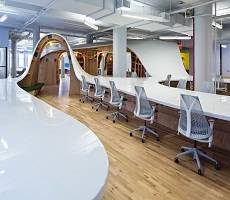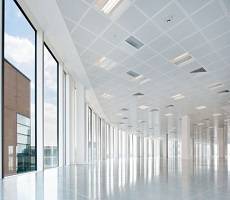March 4, 2014
By 2030 your colleagues could be old enough to be your great-grandparents
 By 2030 four-generation or “4G” workplaces – will become increasingly common as people delay retiring, even into their 80s. Although the role of women in the workplace will strengthen, an increasing divide will mean that while highly-skilled, highly-paid professionals will push for a better work-life balance, others will experience job and income insecurity. Technology will continue to evolve, pervading work environments everywhere, with many routine tasks becoming the domain of the smart algorithm. Multi media “virtual” work presences will become the norm, and as businesses seek additional flexibility, they will decrease the size of their core workforces, instead relying on networks of project-based workers. This is all according to the Future of Work, published this week by the UK Commission for Employment and Skills (UKCES). More →
By 2030 four-generation or “4G” workplaces – will become increasingly common as people delay retiring, even into their 80s. Although the role of women in the workplace will strengthen, an increasing divide will mean that while highly-skilled, highly-paid professionals will push for a better work-life balance, others will experience job and income insecurity. Technology will continue to evolve, pervading work environments everywhere, with many routine tasks becoming the domain of the smart algorithm. Multi media “virtual” work presences will become the norm, and as businesses seek additional flexibility, they will decrease the size of their core workforces, instead relying on networks of project-based workers. This is all according to the Future of Work, published this week by the UK Commission for Employment and Skills (UKCES). More →



























March 5, 2014
Innovate or die? Why facilities management must embrace change to survive
by Demitri Maldonado • Comment, Facilities management
According to recent reports on workplace, facilities management and corporate real estate, the support services sector needs to change. Some even say it needs to innovate or die. That might be a little harsh, but the current model that the majority of FM service providers work to and that their clients take for granted is tired and has not kept pace with the evolving business environment. Zurich Insurance’s report of late 2012 into CRE & FM said the sector was at a cross roads; in 2013 Jones Lang LaSalle said something similar and picked out five global trends to which CRE and FM had to respond. IFMA & CBRE have taken a similar line, but are more specific – namely FM had to embrace its softer side, focus on people skills and develop them to ensure success. More →